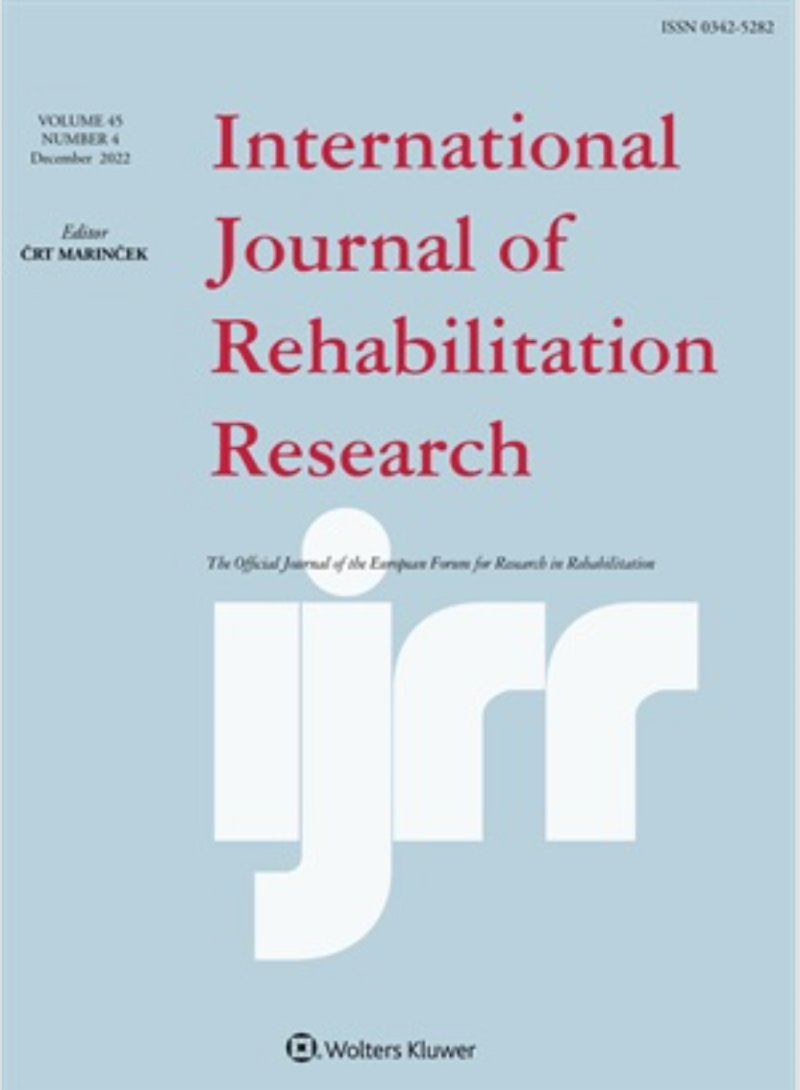Job Crafting As A Work Adjustment Strategy For Workers Returning After Long-Term Sickness Absence Due To Common Mental Disorders
The purpose of this qualitative study was to examine the way workers with common mental disorders use job crafting to adjust their work to their levels of functioning after returning from long-term sick leave. Thirty-eight workers who had returned within the last 24-months from sickness absence due to common mental disorders were interviewed using semistructured interviews. Questions were asked about how they job crafted to match their changed needs for work functioning post return. To interpret the results, we coded the data according to the Wrzesniewski and Dutton typology of job crafting and conducted thematic analysis. We identified task, relational and cognitive job crafting strategies that workers had employed after returning to work. Our findings have important implications for how managers and organizations can support workers to make adjustments that enable them to stay and thrive at work with reduced work functioning.
Job Crafting As A Work Adjustment Strategy For Workers Returning After Long-Term Sickness Absence Due To Common Mental Disorders
- Date Published
- Mon, 1st Jun 2020
- Publisher
- International Journal of Rehabilitation Research
- Reference
- Nielsen, K., & Yarker, J. (2020). Job crafting as a work adjustment strategy for workers returning after long-term sickness absence due to common mental disorders. International Journal of Rehabilitation Research,
- Website
- https://journals.lww.com/intjrehabilres/Abstract/2020/06000/Job_crafting_as_a_work_adjustment_strategy_for.9.aspx
- Categories
- Keywords
- Job Crafting, Mental Health, Return to Work, Absence, Manager
The purpose of this qualitative study was to examine the way workers with common mental disorders use job crafting to adjust their work to their levels of functioning after returning from long-term sick leave. Thirty-eight workers who had returned within the last 24-months from sickness absence due to common mental disorders were interviewed using semistructured interviews. Questions were asked about how they job crafted to match their changed needs for work functioning post return. To interpret the results, we coded the data according to the Wrzesniewski and Dutton typology of job crafting and conducted thematic analysis. We identified task, relational and cognitive job crafting strategies that workers had employed after returning to work. Our findings have important implications for how managers and organizations can support workers to make adjustments that enable them to stay and thrive at work with reduced work functioning.


